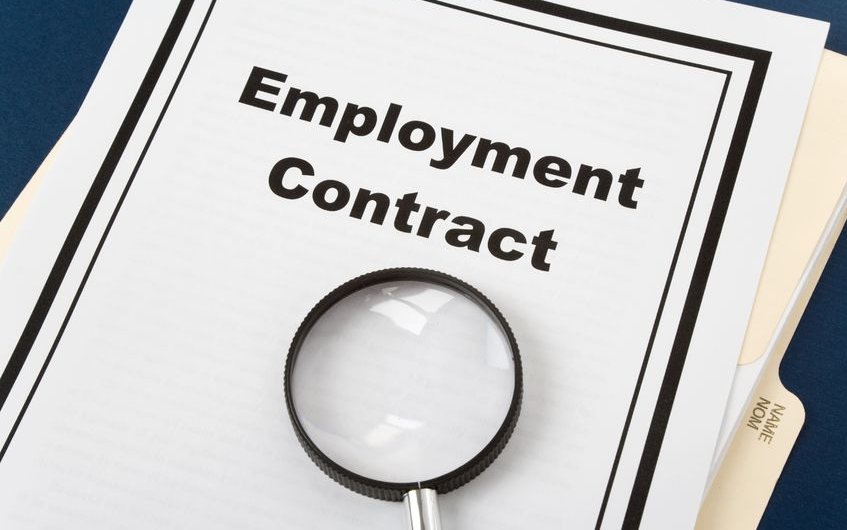Starting a business in the UK can be complex, especially if you’re from outside of the European Union. You need to consider the different types of company structures, tax, administration, and whether you need a visa. In this post, we look at the key things you need to know when setting up a business in the UK: part 1.
Know the market
In the UK, there are around six million private sector businesses, according to official government data, and this figure is growing. Since 2000, the number of businesses in the UK has increased by 2.4 million.
Three-quarters of UK businesses don’t have any employees, meaning they’re owned by self-employed sole-traders or partnerships. Around five million UK residents are registered as self-employed, amounting to 15% of the overall workforce.
Data from the Office for National Statistics show the most common sectors for self-employed workers are as follows: construction (920,000), scientific or technical activities (643,000), vehicle sales or repairs (396,000), administration and support services (361,000), and health and social work (349,000).
At the time of writing this post, anyone from within the EU, with the exception of residents from Bulgaria and Romania, can set up a business in the UK without special permission. However, as the terms of Brexit are currently being negotiated, this is likely to change in the immediate future. If you’re from a country outside of the EU or EEA, you may need a visa.
How to Obtain a UK Visa
There are several different types of visa those looking to break into the UK market may require:
Innovator visa
To obtain an innovator visa, you must have at least £50,000 in investment capital or have invested this sum already in the previous year. If you haven’t invested the money yourself, it must come from a government-endorsed funding competition, a venture capital fund registered with the Financial Conduct Authority, or a UK government department.
You must also adhere to some other rules too, such as demonstrating you are from a majority English-speaking country or have taken an accredited English language examination.
Visas cost £1,021 and last for three years. You can extend your visa by a further three years if you meet the criteria.
Start-up visa
You can apply for a start-up visa if you have an endorsement from a UK higher education institution or an organization with a history of supporting UK entrepreneurs. You’ll need to prove your business idea is new, innovative, and with potential for growth. Fees range from £308 to £363.
You can stay in the UK for two years with a start-up visa. You can’t extend a start-up visa, but they can switch to an entrepreneur visa upon expiry in some circumstances.
About us
At UK Advisory Services, we specialise in helping overseas businesses and ambitious entrepreneurs across the globe helping to set up and establish a presence in the UK. Our advisors have decades of experience in helping businesses set up in the UK, specialising in end-to-end market entry.
We hope that you’ve found this post on ‘The key things you need to know when setting up a business in the UK: Part One’ useful. If you have any questions or if you’re looking to set up business in the UK get in touch today to see how we can help you.






